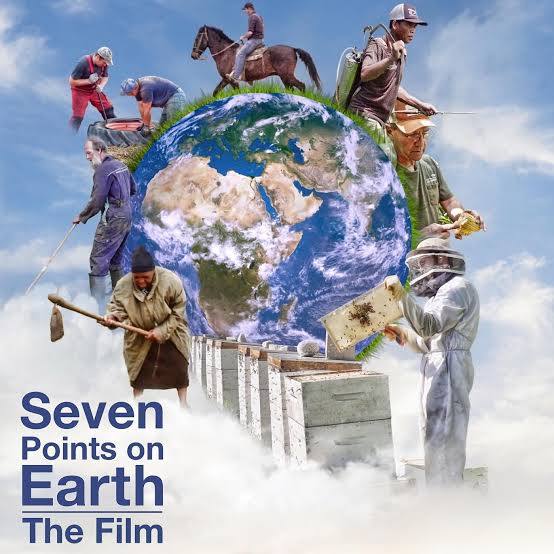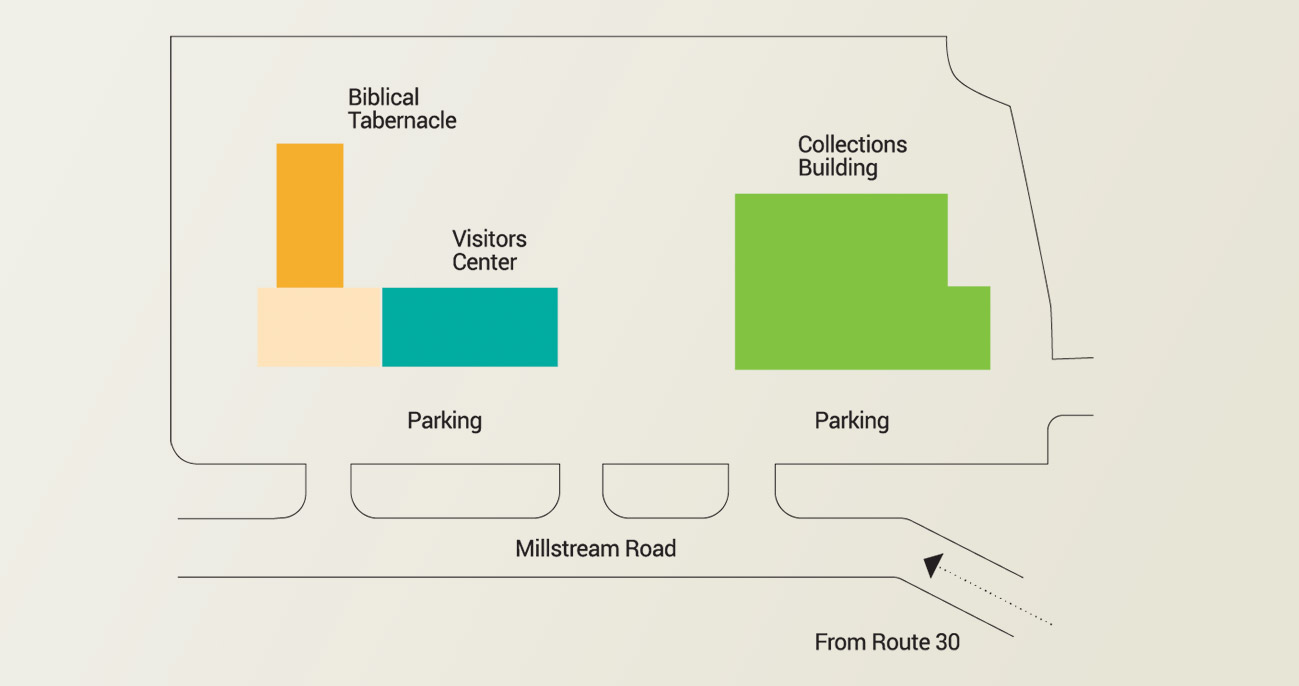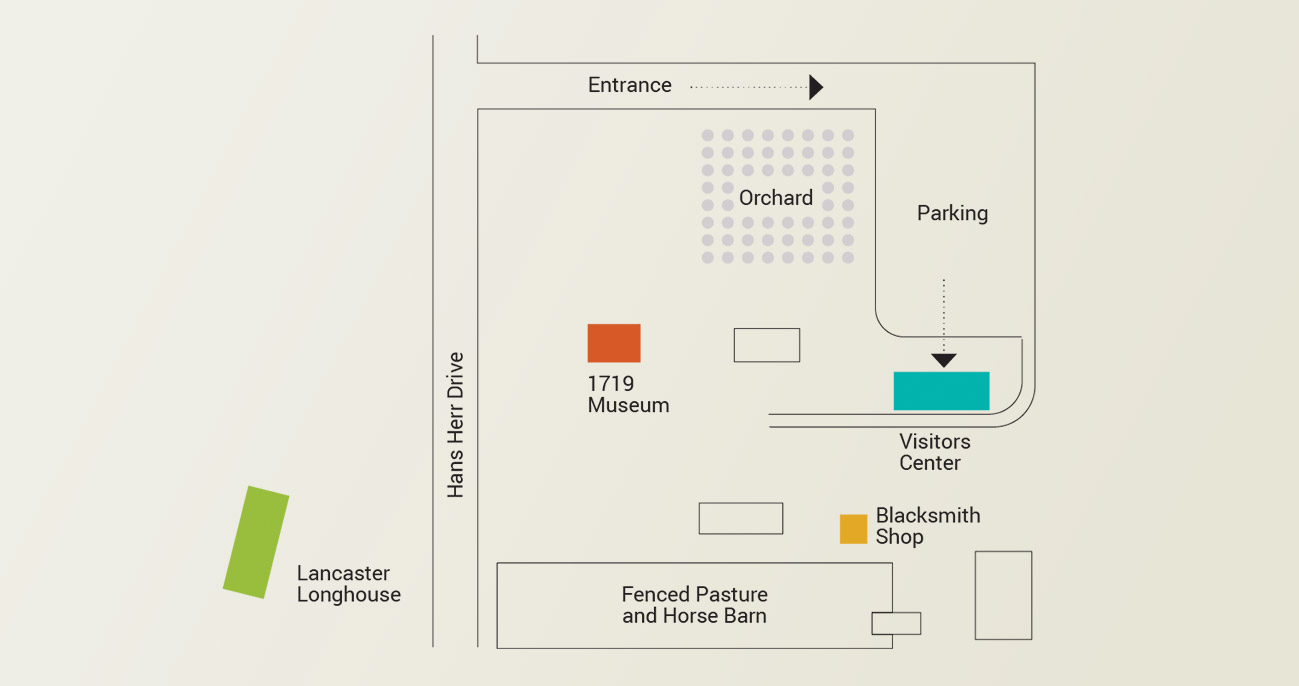Join us in the Mennonite Life Visitors Center Theater for a screening of Seven Points on Earth, followed by a Q&A with producer Royden Loewen.
The documentary studies the lives and family histories of seven Mennonite farmers in seven communities: Apollonovka in Siberia; Matopos in Zimbabwe; Riva Palacio in Bolivia; Margorejo in Java; Friesland in the Netherlands; Washington County in Iowa; and the Rural Municipality of Rhineland in Manitoba. The film considers the environmental history of each context, focusing particularly on the relationship between faith and topics such as climate change, state policy, and global markets.
This event is complimentary and does not require registration. View the documentary trailer here.
Royden Loewen is a retired Canadian History Professor and Chair in Mennonite Studies at the University of Winnipeg. His research interests include: North American immigration history; North American rural history; Canadian ethnic history; 19th and 20th century history of Mennonites in the Americas. His published works focus on changing religious practice, concepts of non-violence, gender relations, moral economies, transnational networks, rural dislocation, international migration, ethnic reinvention, the linkage of text and time, family history.
Loewen’s research project that bore the documentary, Seven Points on Earth (directed by Paul Plett), and book, Mennonite Farmers, explores the lives and history of seven Mennonite farmers in seven communities: Apollonovka in Siberia; Matopos in Zimbabwe; Riva Palacio in Bolivia; Margorejo in Java; Friesland in the Netherlands; Washington County in Iowa; and the Rural Municipality of Rhineland in Manitoba. This project considers the environmental history of these seven contexts, and focuses in particular on the relationship of religious ideas on nature and community to climate change, state policy and global markets.






